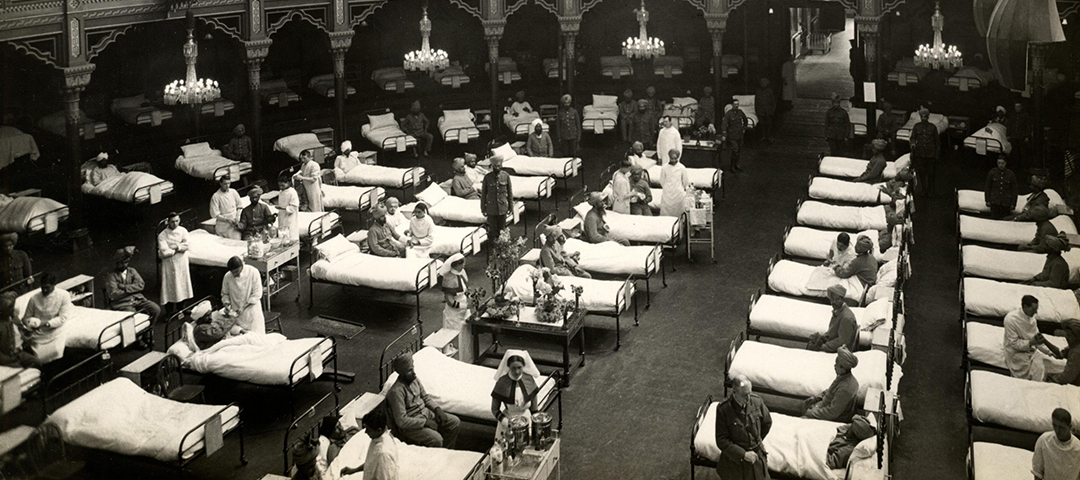Reposted from the AHRC Arts and Minds Blog.
It is a year since the UK government announced the first lockdown due to the Covid-19 pandemic. Since then, arts and humanities researchers have contributed significantly to tackling some of the major challenges caused by the pandemic. A new two-year project, The Pandemic and Beyond: The Arts and Humanities Contribution to Covid-19 Research and Recovery, has been funded by the Arts and Humanities Research Council (AHRC) as part of the UK Research and Innovation (UKRI)’s rapid response to Covid-19. Led by Professor Pascale Aebischer and a multi-talented team at the University of Exeter, the project will work with universities across the country who have carried out AHRC-funded research related to the Covid-19 pandemic. In this post, Professor Aebischer shares the team’s plans for the project and how they intend to amplify the impacts of Covid-19 research.
When the Covid-19 pandemic struck the UK and the country went into lockdown, new laws were passed at speed, theatres and cinemas went dark, care homes stopped accepting visitors, and a population used to working, exercising and socialising outside the home was asked not to leave their houses or mix with other households. Soon it became apparent that the pandemic was affecting different communities in different ways, with particularly devastating impacts on older people and people with underlying health conditions, communities of African and South Asian descent, and those in frontline jobs and living in cramped conditions. As the death toll rose, families had to deal with not being able to be with their loved ones as they died and not even being able to comfort one another at a funeral. There was a rise in domestic violence, social media began to spread misleading messages and many freelance workers, especially in the creative sector, were left without access to the furlough scheme or any idea of when they might be able to return to work.




